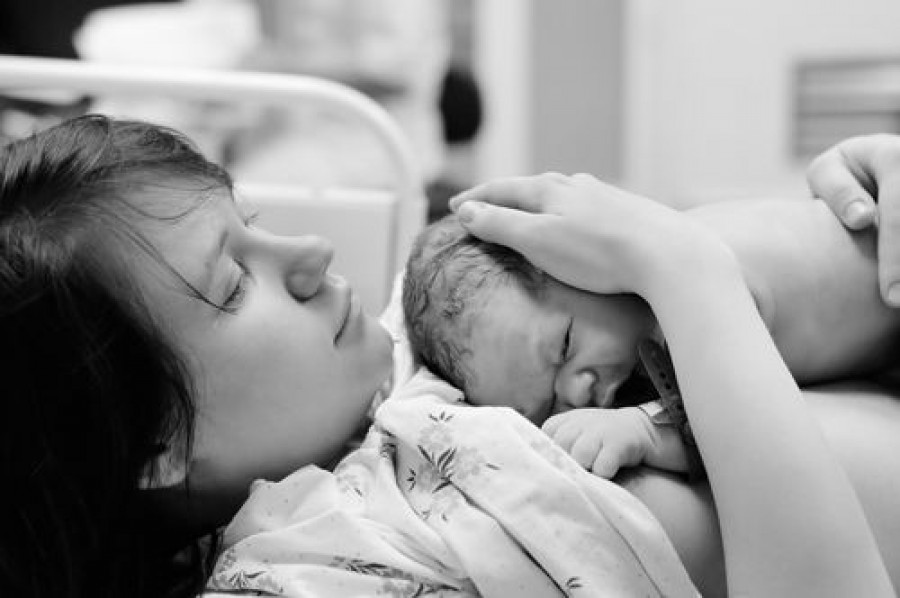Adoption and Foster Care: Options and Challenges
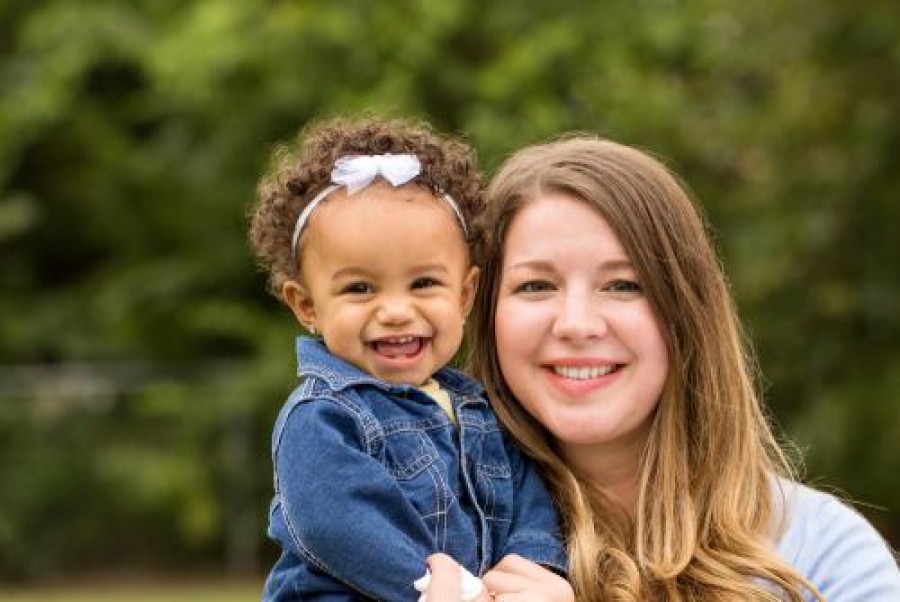
I used to think that giving birth and raising a child was about the most difficult and amazing thing that you can do, but I’ve figured out that there is one better. The parents out there who choose to foster or adopt a little person in need to care of them as their own are I have to admit just that extra bit of amazing.
These people have that little bit of extra strength, extra patience and perseverance, and extra love in their heart than the average parent. And before you start thinking that you don’t possess that level of special to make an adoptive parent, I assure you that, you do!
Those extra special powers will all naturally come out in you when you meet the little person who needs you so much.
Not being able to carry your own baby is unfortunately very normal and very common
Learning that you are unable to conceive your own baby is heartbreaking. Sometimes you will get knowledge early and quickly, before you even start trying to conceive, sometimes it is a conclusion you will reach after years of trying.
When you realise that you won’t be able to have a baby doesn’t make it any less difficult to hear or get used to. For many people, both women and men, being a parent is central to the person they wanted to be, and was certainly a big part of the future they had planned for themselves.
The other side of this heartbreak is that while those most desiring and worthy of parenthood sometimes can’t reach it, there are others who for whatever unfortunate reason have found it too easy to conceive and have brought a baby into a life that is not ready to support him. The devastating outcome of this: are all the babies and children who have no one to give them the care and love that they need.
And here comes in the incredible foster and adoptive parents of the world.
Both adoption and foster care consist of taking care of a baby, child or children that is not biologically yours, the difference between the two is in the permanence of the arrangement.

What is adoption?
Adoption happens when you legally agree to take the child as your own and become permanently responsible for him and legally his primary guardian. An adopted baby is now yours and cannot legally be taken away from you.
Children and babies needing adoption can be found through the following main ways:
1. Domestic adoption
Adoption of a child not already known to you
You can apply through your State child welfare authority to adopt a child when you don’t already have one in mind, but this is the rarest form of adoption.
Domestic adoption has the most amount of applicants and least amount of children for this kind of adoption.
Known child adoptions
This occurs when you apply to adopt a child known to you, sometimes through long term foster care, step-parenting or having another family member who cannot care for their child.
Because the system greatly prefers to keep children with their family and people like single relatives can be approved as adoptive parents, this happens more often than the above.
It is rare for a baby or child to have no one at all who knows them to go to, which sounds harder for people looking to adopt new babies, but of course is good news for this particular child.
2. Inter-country adoptions
You can apply to adopt a child from another country. This can happen through one of the thirteen countries that Australia has adoption arrangements with.
These countries include: Bulgaria, Chile, China, Colombia, Hong Kong, Latvia, Philippines, Poland, South Africa, South Korea, Sri-Lanka, Taiwan and Thailand.
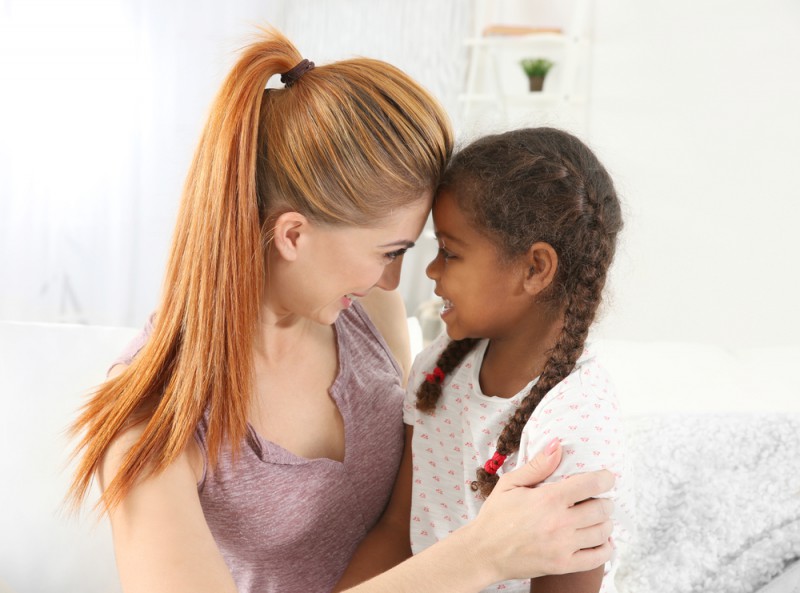
Is there much call for adoptive parents then?
Domestic adoptions are rarer these days because every effort is made to keep the child with their parents, or in temporary care whereby they can return to their parents, if the family situation becomes suitable to do so. For this reason, babies are more likely to be fostered, cared for by family members, or cared for with extra support by single parents.
Intercountry adoptions are much more common as, very sadly, there are a wealth of children across the globe who need care. This process is more expensive and takes a lot longer than domestic adoption however. It is very heavily governed to reduce the horrible risk of child trafficking, but knowing this doesn’t make things easier for good potential parents just waiting for news about their application.
How long does it take? And what does it cost?
These are very hard answers to pin down because it varies so much from experience to experience.
There appears to be no comprehensive research showing how long adoption takes in Australia, but personal stories seem to indicate the quickest process to be about 18 months.
On average it takes around 5 years to go through the complete process with an overseas adoption, however this differs greatly between partner countries. Adoption through Taiwan takes on average 3 years, while through China takes on average 8 years. Each country also has its own requirements, for instance to adopt a child from Cambodia you had to have lived in that country for two years first.
The process involves multiple levels of assessment, paperwork and education to ensure that you are suitable as a parent, and that the perfect child is given to you. There is a waiting period in the middle of all of this which can take an interminably long time.
There should also be high quality counselling to help you make sure you are making the right decision, and post-placement support to help the individuals merge and meld into the beautiful family mess we call raising kids.
As I said the process can take many years and can cost anywhere between $2,000 to $30,000 on average.

Where do I start looking for more information?
Laws and processes governing adoption of babies born in Australia and ensuring care occurs afterwards as it should is managed by each State and Territory. Adoption of babies from overseas is governed by the Attorney General’s Department, but is administered at State level and will also rely heavily on State law.
You should contact your own relevant department of child welfare for the details specific to each State or to start the adoption process.

What is foster care?
Foster care is a temporary agreement by which the child may return to their parents or family when the situation improves enough that they will be safe in that environment. Another type of foster care provides parents of special-needs-children respite by having foster parents care for the child and give them a break.
Foster care is arranged through a large number of not for profit and community agencies Australia-wide. While there is of course an application and screening process, it is not as long or arduous as that for adoption. Families, single people, and people in all kinds of domestic situations can foster these days.
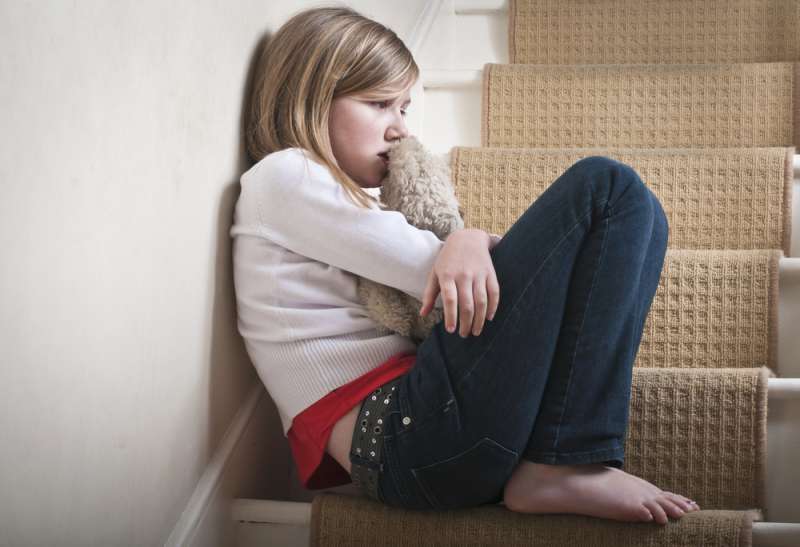
How long does it take? And what does it cost?
There is still some assessing, education, counselling and paperwork involved, but generally the time-frame from the start of the process to having a wide-eyed little person in your home can be as short as 4-6 months. Your child will have an ongoing case worker and you will never essentially be left completely on your own to care for the child. Many decisions regarding his welfare will need to still be run by the managing agency or the parents.
Technically the process doesn’t cost as such, and you should additionally receive some government funds for providing this service. This funding is aimed to reimburse you for out of pocket expenses in caring for the child and some back for your own time.
While you do receive this financial assistance that helps you to care for the child, the general consensus is that this will not really cover what they need, so it can be a costly process for you. But then again pretty much everything to do with raising kids is a costly process; that part of it all is a bit unavoidable.
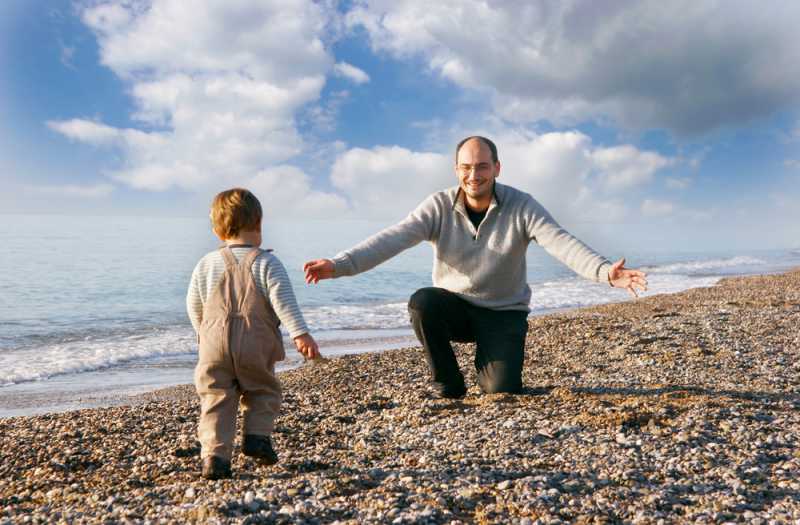
Is there much call for foster parents then?
Oh my wordy, lordy yes. There are sadly many many children that need fostering in Australia, and there will always be a great need for worthy parents.
You will generally get different children at different times as stays are not permanent. You can apply to care for children long-term, short-term, or for respite for their parents. There is greater need for people who can take older children and sibling groups.
There can be some getting used to when you have to say goodbye to a little one that you have fostered, and many find this part of the arrangement hard.
Where do I start looking for more information?
You can get more information through the child welfare department in your State, or by googling foster care in your State for a list of agencies that provide the service.
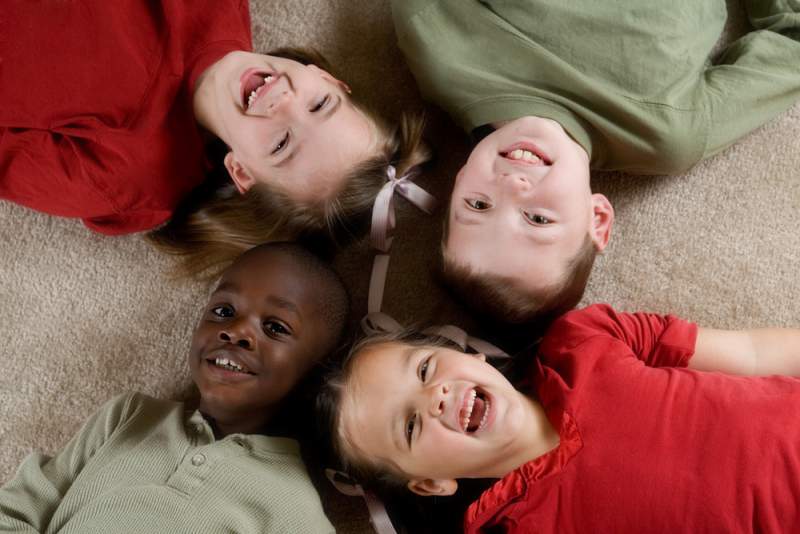
Extra special babies
Children and babies needing adoption or foster care usually have some special needs that they come to you with. Many have chronic conditions or disabilities, some have behavioural issues, backgrounds of abuse, or were born with drug-addictions or alcohol effects incurred in-utero.
Many of the slightly older ones will have communication difficulties including hearing, speech and language, or may have regressed development in some other ways.
I read a poem once about how children are always given by the forces that be to the parents that are meant to be theirs, that are perfectly equipped with all the tools needed to raise this specific child.
This goes double for an adoptive parent because of the weird windy path this little baby took to becoming yours. The universe brought this child to you because he was meant to be yours right now, and in you, you have everything he needs to grow and thrive.
It’s a romantic notion, and will not always feel true in the dark days and hardest of moments, but this kind of romantic belief can be what child-raising is all about.
Conclusion: which way is the way for you?
There is obviously an unlimited amount of information in this area and we can really only skim the very surface in this article. Also it’s important to note that laws and specifics will continually change.
Very briefly, the pros and cons of each are as follows:
Pros and cons of Adoption
Pros
This process is permanent, and if it works out, you will end up with your own precious child forever
You cannot put into words what doing this will mean for that child who needs you, or how rewarding it will be for you
Cons
- There is not as much need for adoption these days so there are fewer babies out there
- Usually the need will be to adopt older children, particularly those with physical or psychological conditions
- This can take a very long time; between 18 months to ten years, and sometimes longer
- This can be very expensive, costing upwards of several thousand dollars
- The process can be exhausting, intrusive and ultimately may not work out at all
Pros and cons of Foster Care
Pros
- There is a lot of need for good foster parents, so you are much more likely to get approved
- The process is much quicker, can be as short as six months, and does not cost
- The process can be more flexible for you, with short and long term options, and you can take breaks from fostering if you need to
- There is often the possibility to permanently adopt a child you have had long-term foster care of, although only if there is no possibility of reconciling them with their birth family
Cons
- Fostering is usually temporary, and you may have to say goodbye to more than one child who you have grown to love
- It can be an extremely challenging process, but ultimately incredibly rewarding. But again isn’t that just a definition of parenthood itself?
Note: For the most up to date information speak to your State or Territory child welfare department, or a lawyer who specialises in this field.


